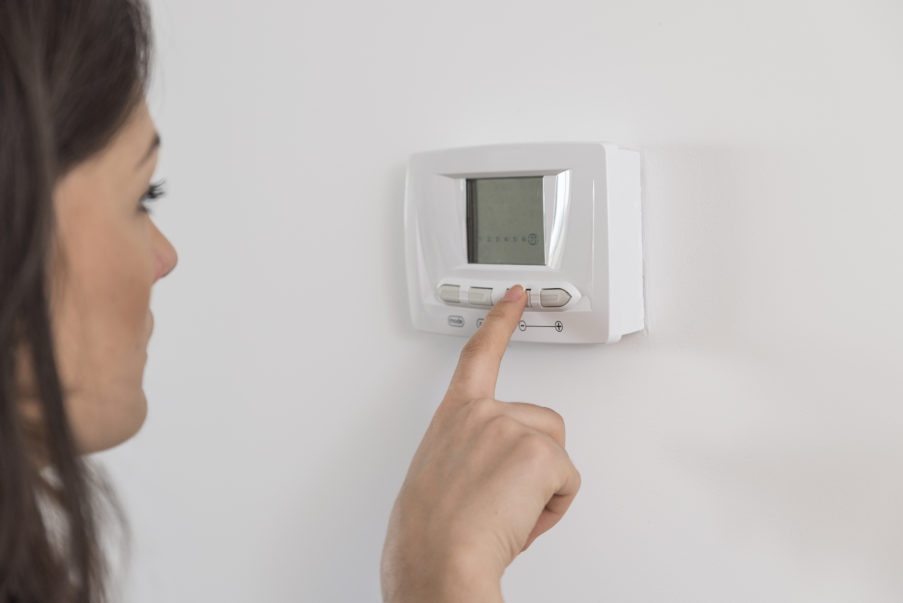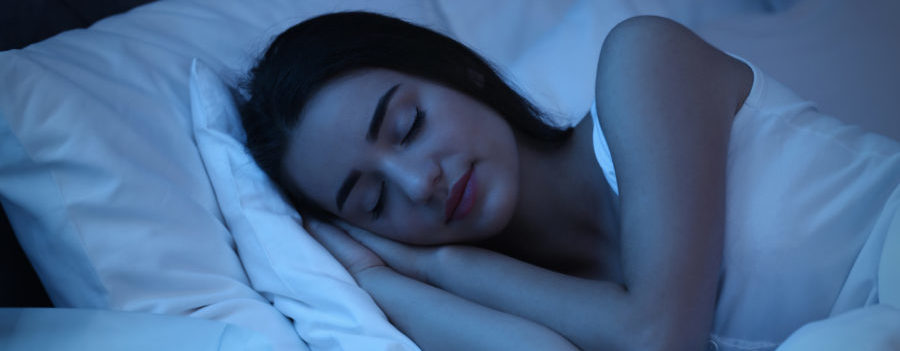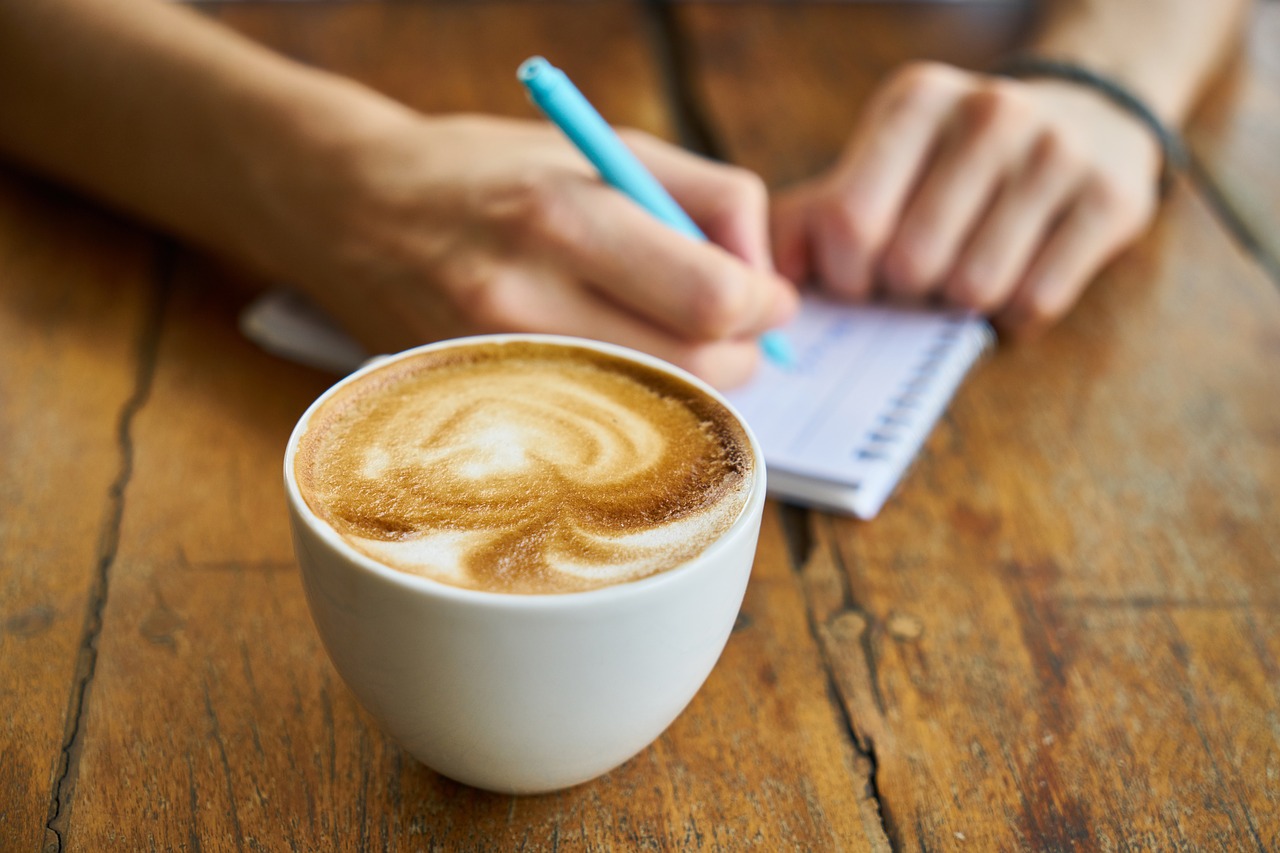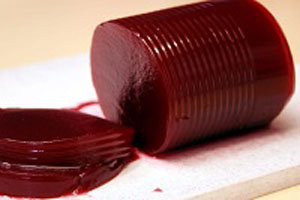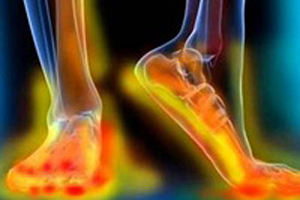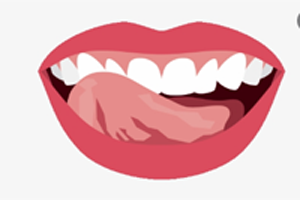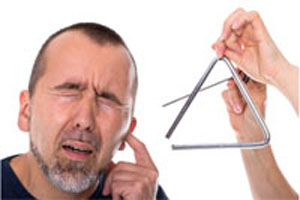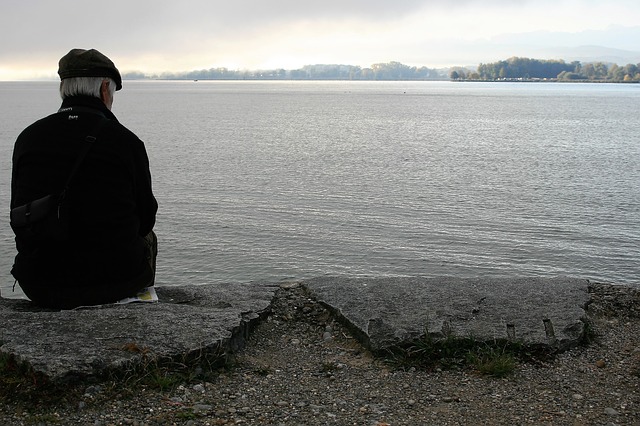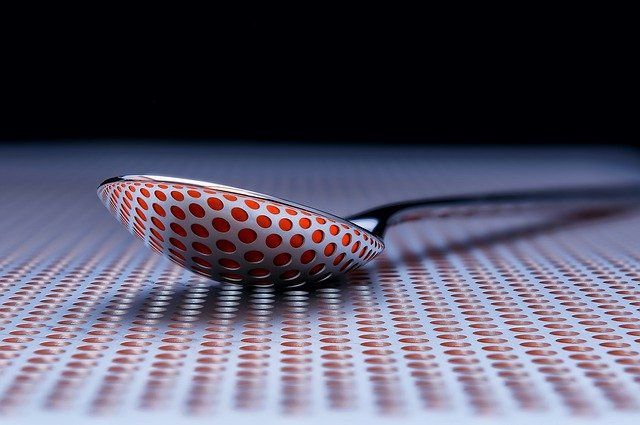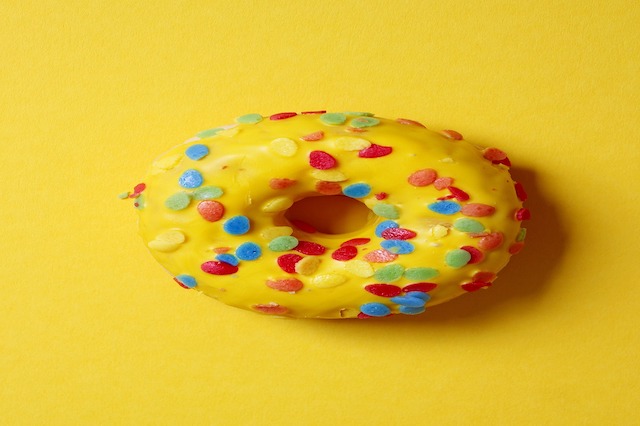For millions of years, our ancestors lived a lifestyle governed by the immutable law of the sun. Once set, their world descended into darkness, and once returned, it was bathed in light. Modern adults who claimed an average bedtime of a quarter to 12 and an average awakening at 8 can have those numbers revert drastically to match the rise and fall of the sun if you take them camping. We’re understanding more and more that disease prevention, memory retention, muscle recovery, mood regulation, and so much more, all depend on the quality of your sleep. Here are 6 natural tricks to improve your sleep.
1. Don’t Take in Caffeine after 12PM
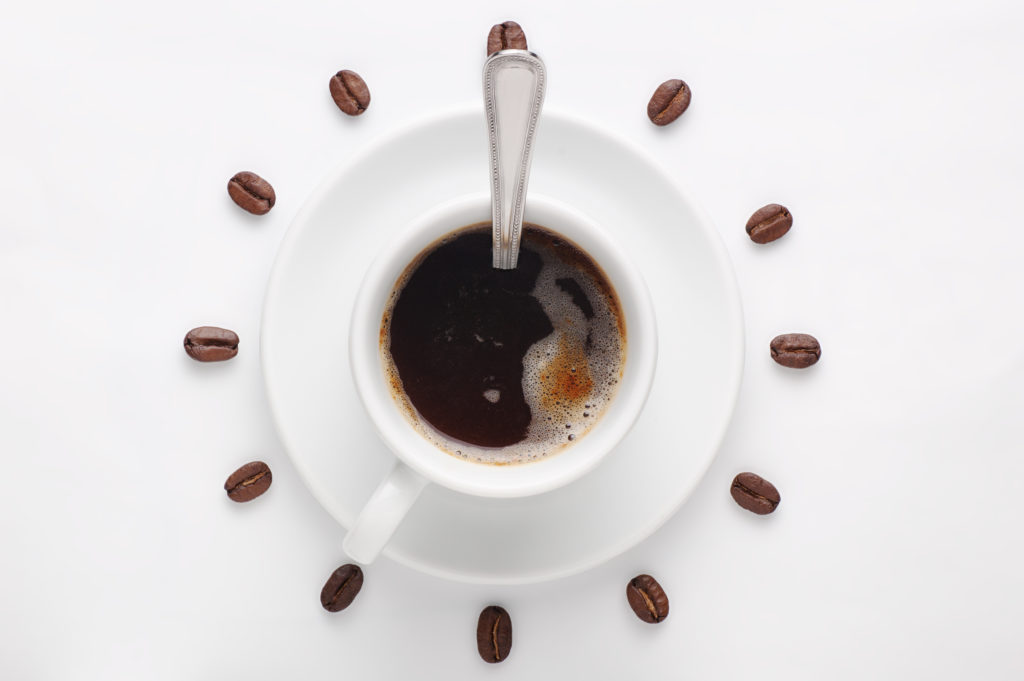
Caffeine has a half-life of six hours and a quarter-life of 12. That means if you drink 350 mgs of caffeine at noon, 175 mgs are still going to be circulating in your blood and organs at 6pm, the time of day when the sun beings to hang low on the horizon, the shadows lengthen, and melatonin production begins in the brain. Six hours after that and you’re in the middle of the solar night, but there will still be 87-88 mgs of caffeine in your system – as much as a small cup of coffee, and enough to disturb your sleep.
2. Understand Your Chronotype

Everyone is predisposed to lead a more productive day if they follow a sleep pattern that matches their genetic chronotype. Commonly speaking you’re an owl, a lark or somewhere in between. If you’ve ever had your genome sequenced, you can find out which gene you possess and can begin adopting a sleep schedule to satisfy it. Owls stay up for a period after the sun goes down, while larks may be in bed by dusk; awaking at twilight. Living a schedule that goes against your chronotype is a losing battle.
Related Article:
9 Tricks For Falling Asleep And Staying Asleep
3. Sleep In A Room With Plenty Of Windows
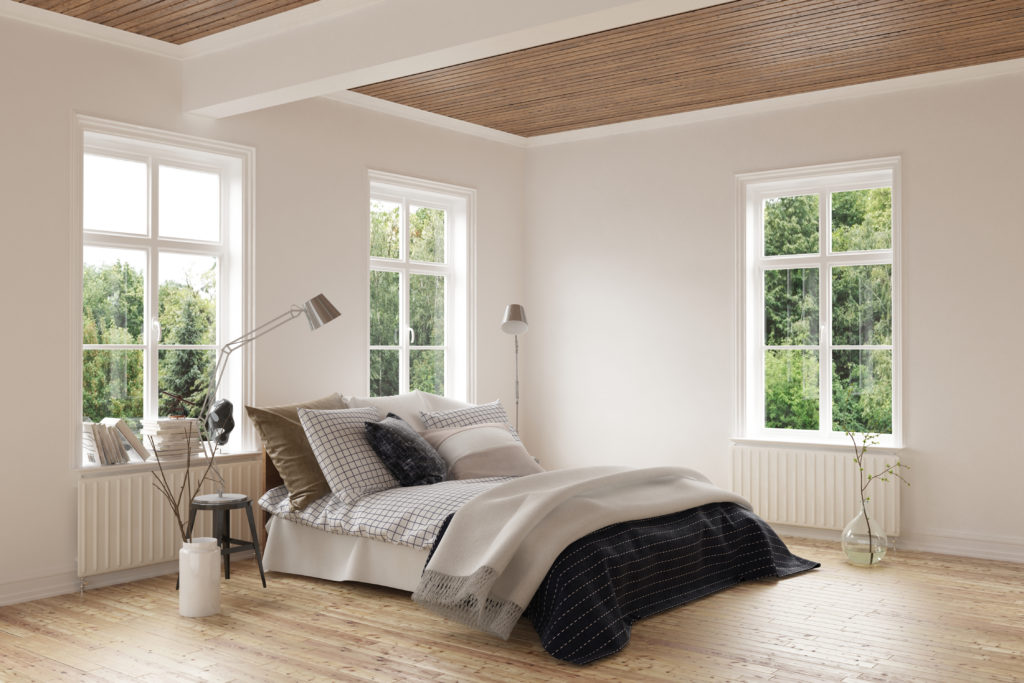
As it rises, so should you. If you’re out camping, as the individuals were in the study previously mentioned, you don’t have a method of escaping the light of the sun. And it’s no surprise; it’s a giant ball of fire that illuminates everything on the surface of the planet. With a roof over your head and curtains drawn, modern humans have escaped the natural cues corresponding to the light-dark cycle. Part of waking up feeling refreshed involves a strong dose of light into our eyes – about 10,000 lux, the equivalent of several moments of clear sun exposure. Once received, your brain will begin to switch on hundreds of genes that are active during the day and dormant at night. The quicker you can switch those on, the more awake you’ll feel. Conversely, the slower the required light enters your eyes, the groggier and more reluctant to waking up you’ll be.
4. Knowing You’ll Be More Creative In The Morning
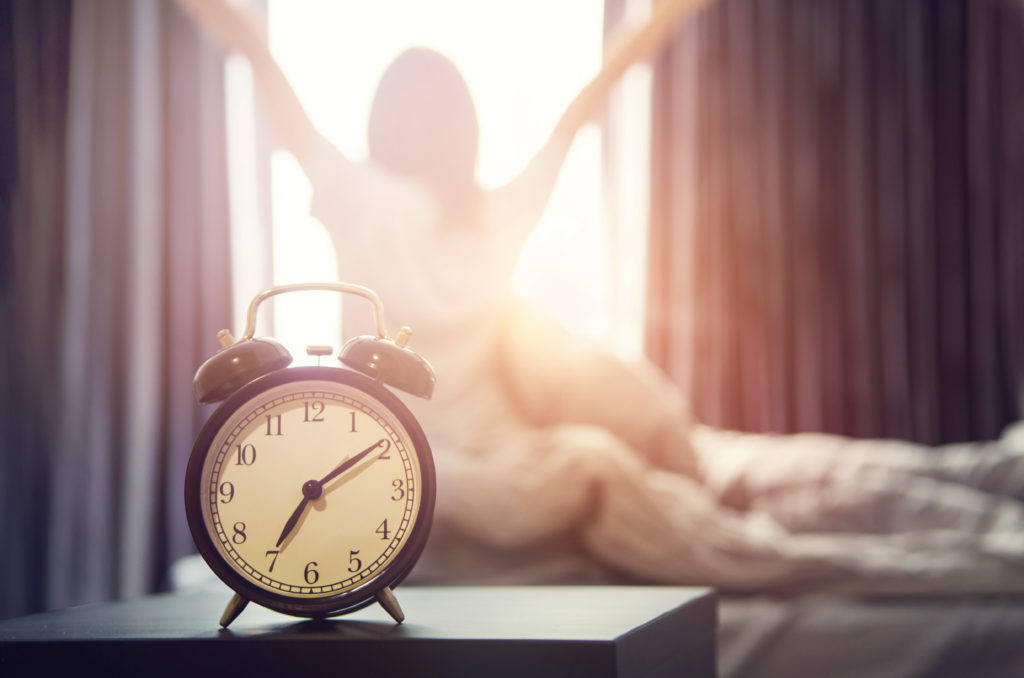
Sleeping with the suns means you’ll often do your best creative thinking in the early morning hours. One of the many reasons people stay awake past the dropping of the sun, is to get more done. Day time is filled with errands, work, meals, and other engagements, while from 9pm-12am most Americans have some time available to pursue their own activities. 9-12 is the time when the brain desires deep, slow-wave sleep for the process of memory processing, while the hours before morning, say 1-5, is when the brain hungers for Rapid Eye Movement sleep, or REM sleep. REM sleep is characterized by dreams and unassociated images smashing together, and is also responsible for stimulating spontaneous and integrative creative associations to produce problem solving. Consider going to sleep earlier to simultaneously satisfy your slow-wave sleep demands and slot those 3 hours of personal time in the morning – a time when you’re more creative.
5. Sync The Light In Your House With The Light Of The Day
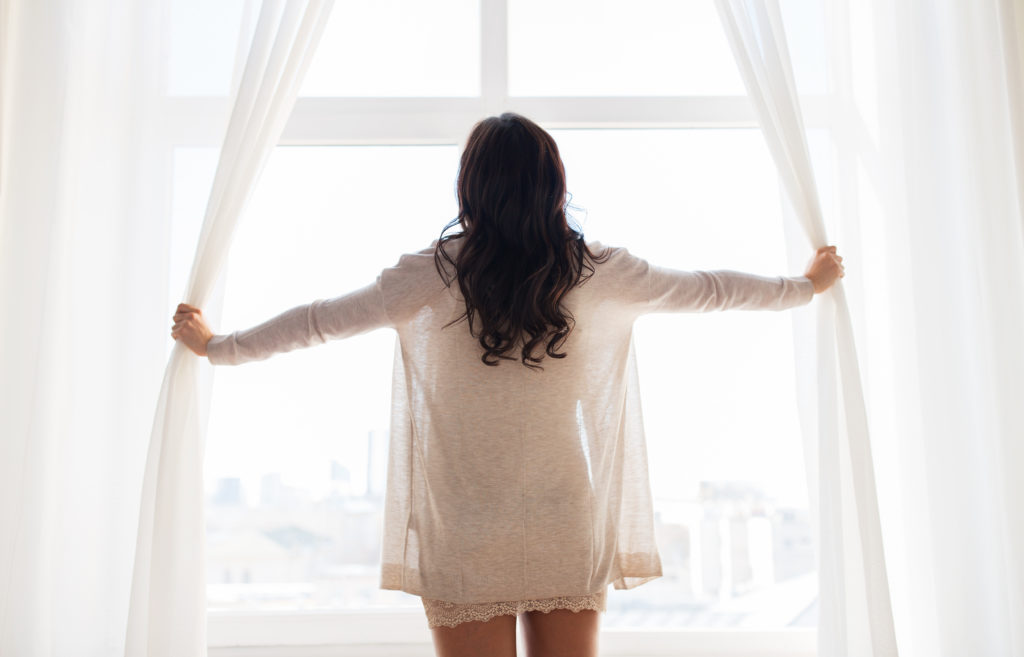
When it’s morning, get up, open all the curtains and turn on all the lights in your house to replicate the rising sun. A dark and dull house will result in slower attenuation to your morning. An hour before the sun goes down, turn off half the lights in your house, followed by the other half when it’s fully dark. Use candles for light and put blue-light filters on all your screens. Computers often have a blue light filter built in, while you can often find filter apps for your devices. You would not believe how effective this is at making you fully ready for bed.
6. Temperature
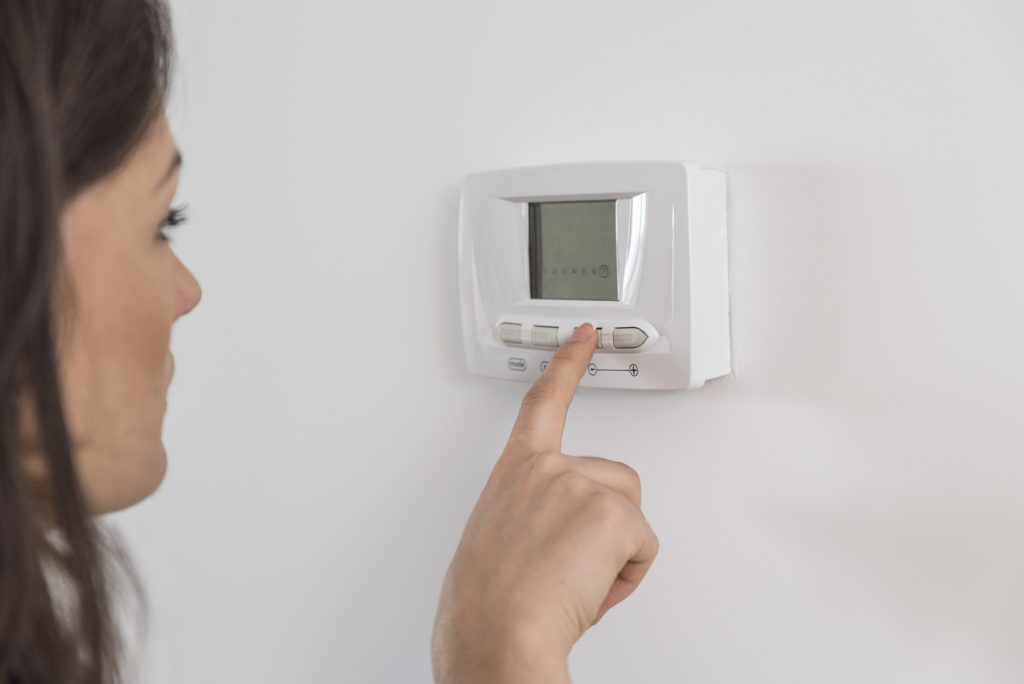
Have you ever noticed how much harder it is to fall asleep when your room’s too hot? That’s because temperature is almost just as important a trigger for sleep as light. If you have good central air conditioning, set the temperature in your house for 65-66 degrees Fahrenheit an hour before bedtime, and nix the long fuzzy pajamas. Get a little cold, and you’ll fall straight to sleep.
